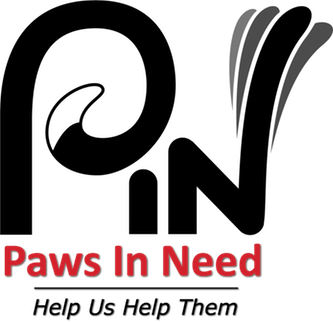Since we are not a physical rescue or shelter facility, Paws In Need focuses its efforts on directly serving the general public. Our team works closely with other no-kill shelter and rescue organizations as well as collaborating with local Animal Control agencies who address cases such as feral cat colonies and animals kept by hoarders. We provide necessary spay and neuter services for stray and feral animals and for companion animals whose owners are low income.
Our organization has witnessed both the emotional and financial impact of our programs on the communities that we serve. We provide vital services that can transform a community by catering to underserved populations and by granting these individuals the peace of mind that both companion and stray animals alike will be kept safe and healthy.
We Provide:
• Aggressive Spay/Neuter Program:
Offers financial support to help fund low-cost spay & neuter surgeries for cats and dogs to reduce unnecessary suffering, illness, surrender or euthanasia of both stray and companion animals. Spay & neuter intervention can prevent dog and cat overpopulation, thereby avoiding placing these animals in already overcrowded local animal shelters.
• Urgent Care / Advanced Procedures Program:
Provides cost-sharing assistance to struggling pet owners for one-time urgent medical procedures for their companion animals. These programs are especially crucial for senior citizens who are usually living on a fixed income and often whose sole source of companionship is their pet(s). This same benefit applies to homeless individuals who are closely connected with their companion animals but are struggling to survive.
• Compassionate TNR (Trap-Neuter-Release) Program:
Best practice method developed to address free-roaming local feral cat colonies. Implemented to ensure humane treatment of animals, reduce diseases and injuries, control animal overpopulation, and promote health through wellness checks and vaccinations.
For more information on any of these programs e-mail info@Paws-In-Need.org or leave a voicemail at (925) 551-1877.

Your Donation of:
$15 helps fund flea treatment for one animal
$25 helps fund vaccines (rabies and distemper) for one animal
$50 helps fund vaccines (rabies and distemper) for two animals
$75 helps fund a neuter surgery for one feline male
$100 helps fund a spay surgery for one feline female
$125 helps fund a neuter surgery for one canine male
$150 helps fund a spay surgery for one canine female

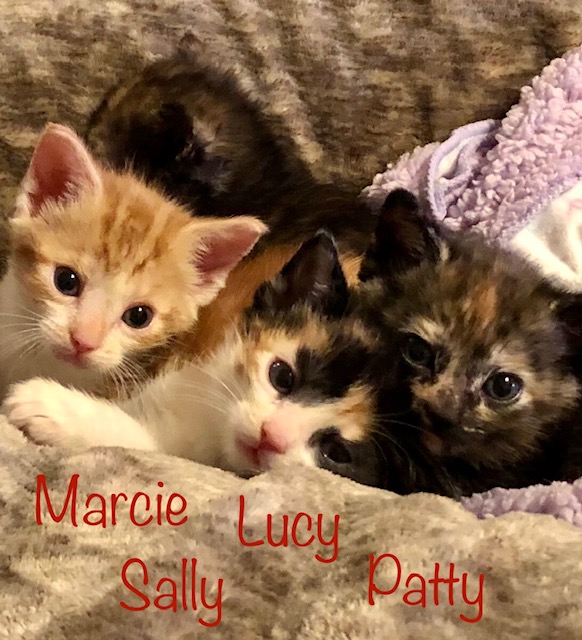

Cats can get pregnant as early as 4 months
Spaying and neutering reduces the number of animals who enter shelters and may also prevent medical and behavioral problems.
Despite the increases seen since 2000 in the rate of dogs and cats spayed and neutered, there has been a more recent downward trend.
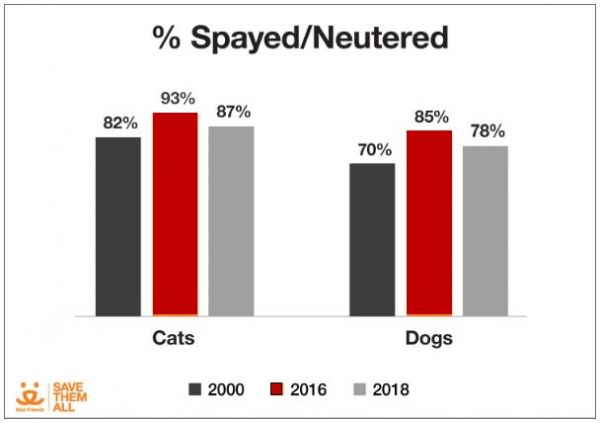
Community Cats/Trap-Neuter-Return (TNR) entails trapping, neutering, vaccinating, and returning community cats to their original outdoor locations.
While dog intakes are higher than cat intakes, twice as many cats are dying in shelters. 69% of the animals killed in shelters are cats (the remaining 31% are dogs).
Most significant concerns about free roaming cats:
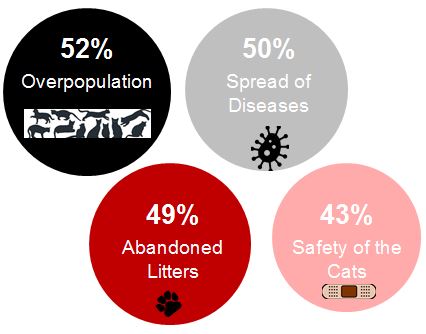
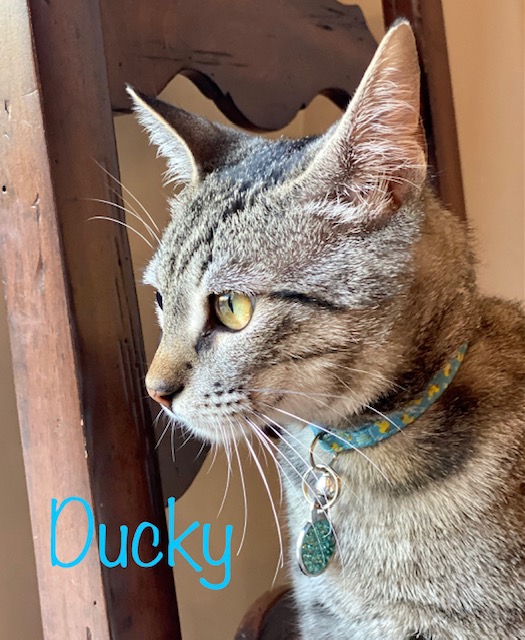
These concerns can be remedied through TNR and community cat programs versus impoundment and possible euthanasia.
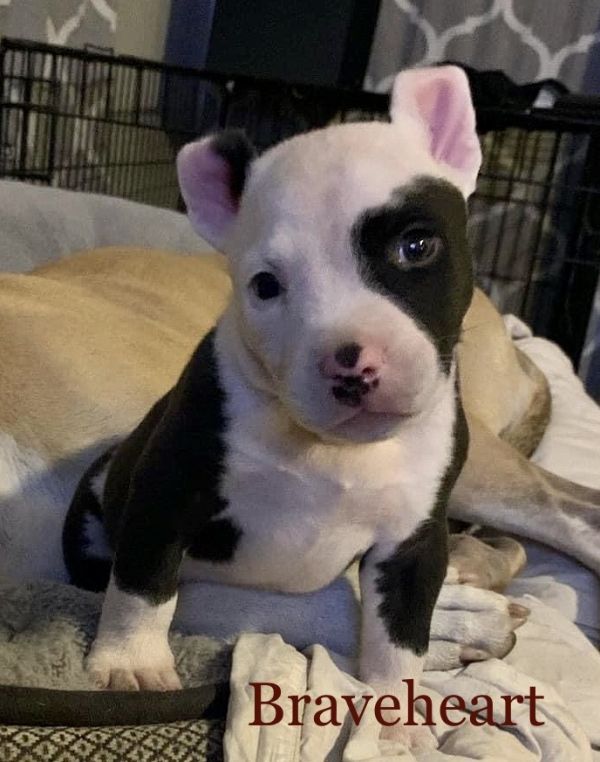

While euthanasia is the most frequently cited reason for surrendering a pet, three other human-related reasons - housing (specifically moving), financial and owner health/death - account for 37% of all shelter surrenders.
12% of cats are surrendered due to the owner having too many animals, ranking 4th, ahead of financial factors.
All statistics courtesy of Best Friends https://bestfriends.org/
For more statistics check the links below:
https://bestfriends.org/map-methodology
https://bestfriends.org/no-kill-faqs
https://bestfriends.org/no-kill-2025/animal-welfare-statistics
